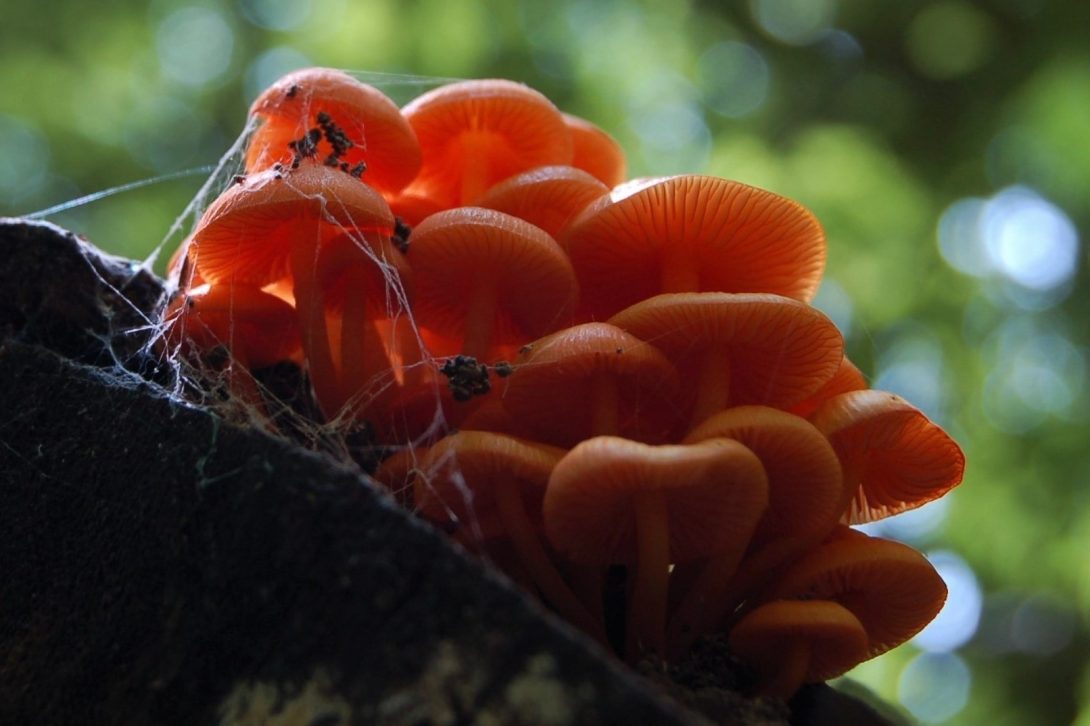Northrop Frye Summer Research Experience
The 2025 competition is now closed.
Scholarship value: $6,000
Duration: Four months (May to August)
Deadline: Monday, February 24, 2025
First awarded in 2001, the Northrop Frye Summer Research Experience Scholarship in Ecology and Evolutionary Biology enables an outstanding student who has recently completed BIO120H to spend four months (May to August) in the lab of a faculty member, assisting with a project.
Eligibility Requirements
- You must have completed BIO120H (St. George campus).
- Priority will be given to students who completed BIO120 in the previous Fall session.
- You must obtain an average of at least 85% in the university courses you are presently taking or have taken (e.g., if you are taking five courses this year, you estimate that your average among these courses will be at least 85%).
How to Apply
Please fill in the online application form no later than Monday February 24: https://forms.office.com/r/pY91NMaj5b. You will be required to login to your UTmail+ to fill out the form.
2025 Project Description
Supervisor: Megan Bontrager
The Bontrager lab researches what drives local adaptation and shapes geographic distributions in plant species. We use a combination of approaches including greenhouse experiments, studies of herbarium specimens, and field experiments to understand how plant populations respond to environmental variation. The student will work closely with graduate students on several projects ongoing at the Koffler Scientific Reserve investigating impacts of climate change on plant phenology. They will learn how to collect data in field settings and learn about the design and set up of field experiments. They will also help with processing plant samples in the lab (e.g. weighing biomass). There is also the potential to assist with experiments in the growth chambers at the Earth Science Centre and with general lab projects. The successful student will be required to take Biosafety training through EHS and to attend occasional Bontrager Lab meetings and training sessions.

